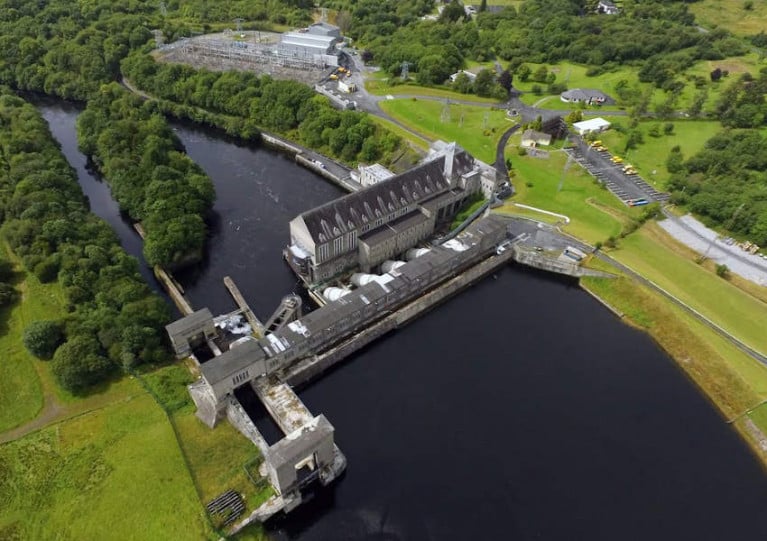Displaying items by tag: Ardnacrusha lock
Notice Of Upcoming Ardnacrusha Lock Closure
Waterways Ireland wishes to advise all masters of vessels and water users that the lock at Ardnacrusha power plant on the River Shannon will be closed for six weeks from Monday 20 January to Monday 2 March to facilitate essential maintenance works.
The cross-border body for Ireland’s inland waterways apologises for any inconvenience caused and thanks all vessel owners for their co-operation.
Ardnacrusha Navigation Advice in Real Time
#ardnacrusha – Waterways Ireland is changing the advice on travel from Ardnascrusha into the Limerick Navigation due to a new service available from the ESB which provides real time information on the output from the turbines.
Boaters are advised not to travel on the Ardnacrusha to Limerick Navigation if the output from Ardnacrusha is above 20 Megawatts. The previous advice advised boaters not to travel if one turbine was operating; 1 turbine is equivalent to 20 megawatts.
The new service offers real time information on the megawatt output of Ardnacrusha by phone (tel 087-6477229) and is available 24hrs a day. Boaters are advised to contact the ESB phoneline for information on the output when making travel plans. In the event of a line failure in the real time information number, boaters can call the main Ardnacrusha number 087-9970131 for the megawatt information as well as any other information required for travel through Ardnacrusha.
This new information service is an improvement in safety for mariners who travel on the Ardnacrusha to Limerick Navigation.
Take Care Navigating Abbey River When Turbines Operate
Waterways Ireland has issued a reminder to users of the inland waterways on the Shannon Navigation that it is advised not to undertake a voyage if more than one turbine is operating, due to increased velocity of flow in the navigation which can be dangerous. The situation may also arise when flood conditions prevail.
Contact the lock keeper at Ardnacrusha (tel: 087-7972998) for information on the number of turbines in operation at Ardnacrusha before commencing transit of this part of the river.


























































